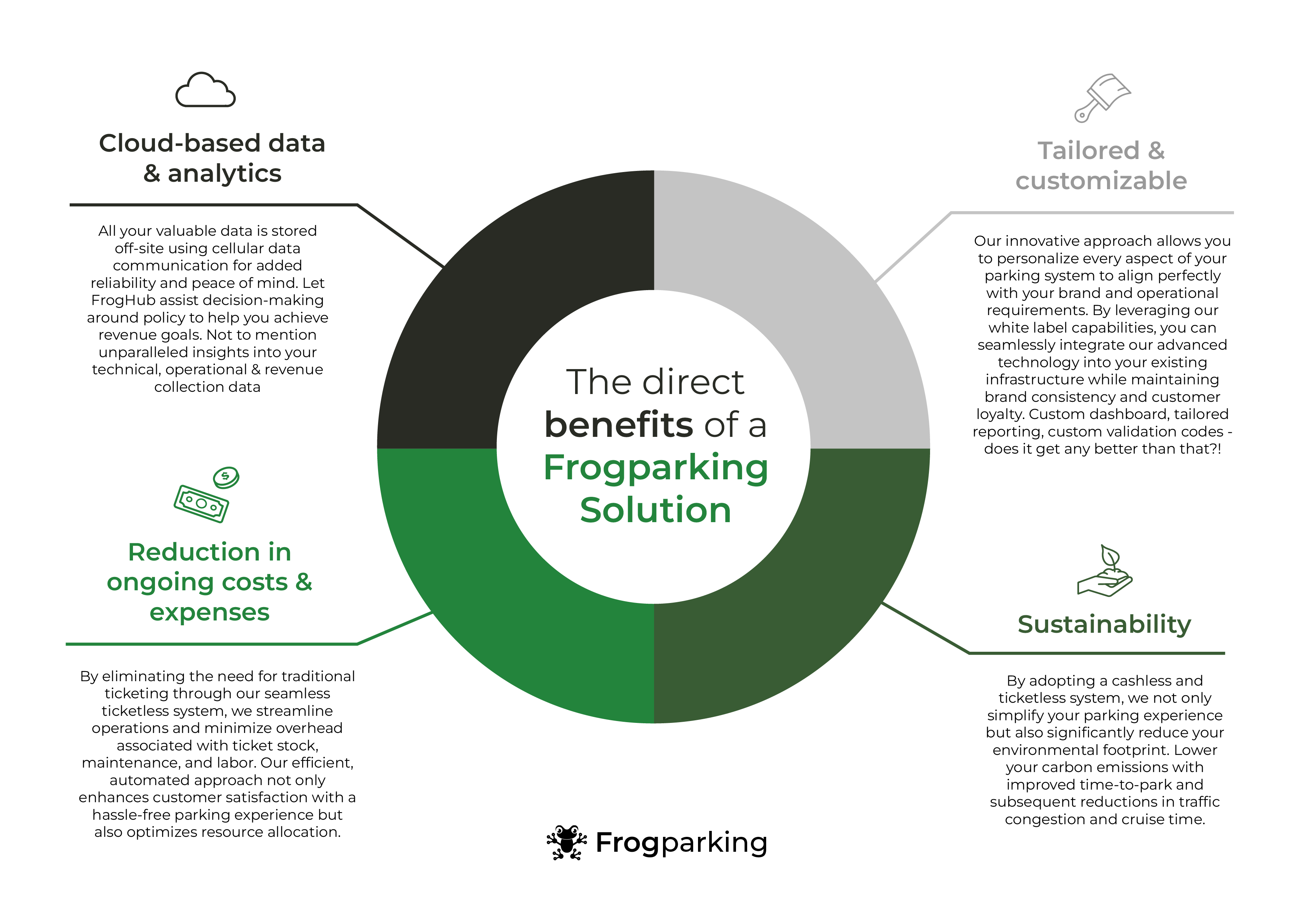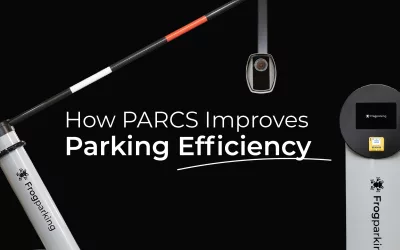Car parking management is a significant challenge for many retailers, cities, hospitals, airports, and so on. Basically, anyone who wants to attract visitors, will have car parking management issues, worldwide.
Congestion, limited parking spaces, and inefficient traffic flow can create frustration for drivers and reduce the overall quality of urban life.
Smart parking systems offer a solution to these problems by leveraging parking technology to optimize car parking management. Here’s a brief overview on how…
Reducing Traffic Congestion
One of the primary benefits of smart parking systems is their ability to reduce traffic congestion. Drivers often spend a considerable amount of time searching for parking, contributing to traffic jams and increasing emissions. Smart parking systems make car parking management easy. For example, it can use sensors and real-time data to guide drivers to available parking spaces quickly, reducing the time spent driving around and subsequently decreasing traffic congestion.
Enhancing Traffic Flow
By providing real-time information about parking availability, smart parking systems help improve traffic flow, which makes car parking management a breeze. When drivers know exactly where to find parking, they can plan their routes more efficiently, avoiding unnecessary detours and reducing bottlenecks. Additionally, dynamic parking guidance systems can adjust parking signage based on current parking and traffic conditions, further enhancing the smooth flow of traffic.
Optimizing Parking Space Utilization
Where smart parking systems truly shine for car parking management, is that they maximize the utilization of available parking spaces. By using data analytics and predictive modeling, these parking systems can allocate parking spaces dynamically based on demand. This ensures that parking resources are used more efficiently, reducing the need for extensive parking infrastructure and freeing up space for other urban developments.
Improving Accessibility
Smart parking systems enhance accessibility for all users, including those with disabilities. Car parking management much include parking accessibility planning. Advanced parking solutions can reserve and prioritize parking spaces for disabled drivers, providing them with real-time information on available accessible parking. This can be as simple as having allocated car parks for ADA drivers, and visually displayed on your indoor guidance system. This ensures that parking is more inclusive and convenient for everyone.
Facilitating Multi-Modal Transportation
Smart parking systems can support multi-modal transportation by integrating with public transit networks. For instance, parking lots near train stations or bus stops can provide real-time updates on transit schedules, encouraging drivers to park and ride. Furthermore, mobility hubs will ensure you are managing utilization better, and encouraging drivers to park in areas that otherwise may have gone ‘cold’. This integration promotes the use of public transportation, reducing the number of cars on the road and further alleviating traffic congestion.
Enhancing User Experience
Ultimately, smart parking systems aren’t just designed to ease car parking management. Similarly, they are designed to improve the user experience. Features such as parking mobile apps, cashless parking payment terminals, payments, and simple parking access control features, make parking more convenient and stress-free. By providing a seamless parking experience, smart parking systems can enhance overall car parking management and satisfaction for drivers.
Smart parking systems play a crucial role in improving car parking management. By reducing traffic congestion, enhancing traffic flow, optimizing parking space utilization, and supporting sustainable transportation options, these advanced systems contribute to more efficient and liveable parking facilities. As urban areas continue to grow, the adoption of smart parking solutions will be essential in addressing the challenges of modern urban mobility.




